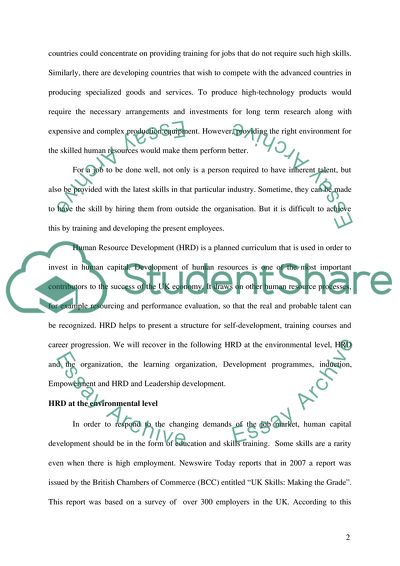Cite this document
(How Crucial Is HRD to the Economy of a Country: The Great Britain Case Study, n.d.)
How Crucial Is HRD to the Economy of a Country: The Great Britain Case Study. https://studentshare.org/macro-microeconomics/1722075-1
How Crucial Is HRD to the Economy of a Country: The Great Britain Case Study. https://studentshare.org/macro-microeconomics/1722075-1
(How Crucial Is HRD to the Economy of a Country: The Great Britain Case Study)
How Crucial Is HRD to the Economy of a Country: The Great Britain Case Study. https://studentshare.org/macro-microeconomics/1722075-1.
How Crucial Is HRD to the Economy of a Country: The Great Britain Case Study. https://studentshare.org/macro-microeconomics/1722075-1.
“How Crucial Is HRD to the Economy of a Country: The Great Britain Case Study”. https://studentshare.org/macro-microeconomics/1722075-1.


